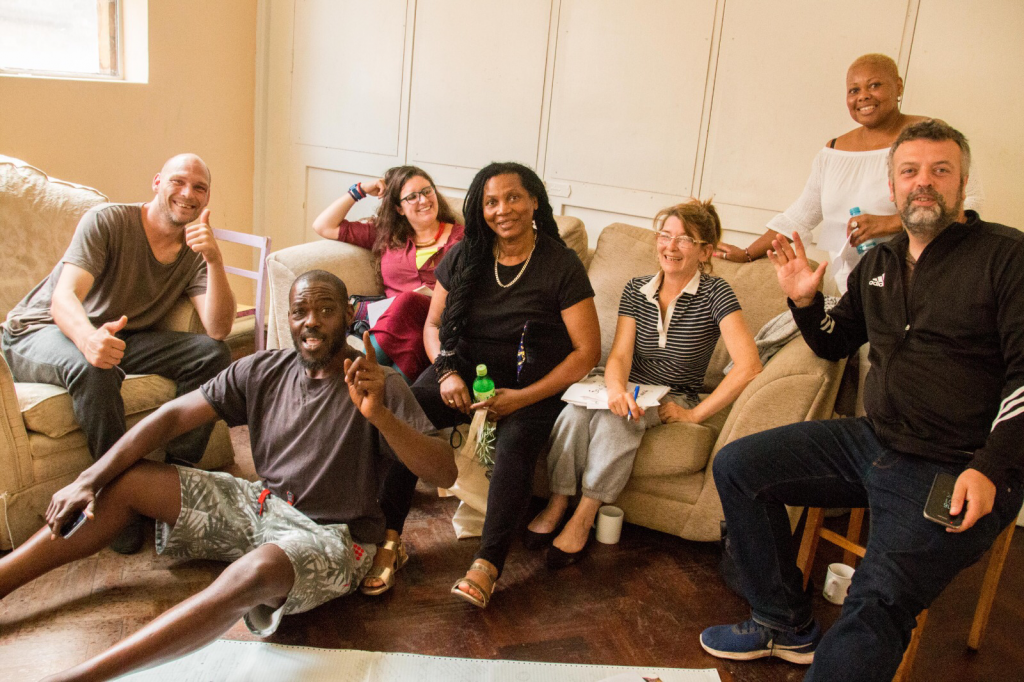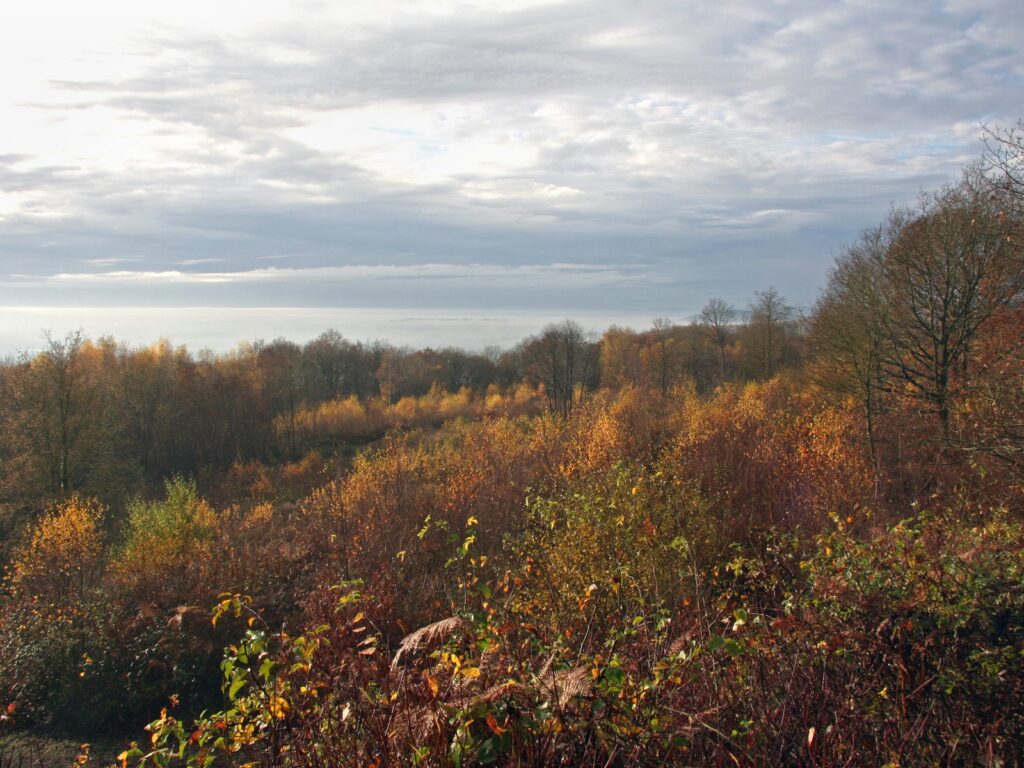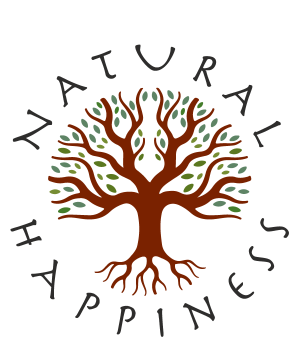Deep Adaptation in local communities
Two of my current crumbs of comfort are a sense that many more people now recognise that we’re in a crisis, and that I hear the need for adaptation being widely accepted. Whilst I used to get annoyed that newer crises were distracting from the climate emergency, I now feel they’re all connected, all part of an evidence meltdown of stability and normality.
I am also heartened to see a number of people in the Deep Adaptation network moving into active exploration of how to bring DA into local communities. This blog shares my experience of a pilot initiative in Herefordshire.
This county looked like fertile ground for some new seeds, and so it has proved. It’s a very rural county, where many small towns and villages already see the need to strengthen their community resources: you can get an idea of the many local organisations exploring this by checking the member list of Herefordshire Green Network. There’s a good network of local activists, many either current or former XR members, and some involved with Transformational Adaptation. Another promising sign is that the County Council is run by a coalition of Greens and Independents, and is well connected to the grassroots.

Community workshops like this one in Nottingham are a great way to build community strength
So far, I have co-led two workshops to explore how local communities can adapt to climate change, both fully booked, and with a great level of participation. These were one-day workshops in venues with access to outdoor green space.
We began by creating a safe space, and inviting everyone to share what was in their heart in this troubled time. A deep sense of fellowship, trust and shared predicament quickly grew as person after person shared strong feelings of grief, alarm and bewilderment. We highlighted Jem’s view that we need to start by facing the emotional impact of the crisis, and we used the Work that Reconnects structure as part of our framework for each day.
In both events, we got people outdoors to connect with Nature, aiming to get beyond a purely human perspective, and ‘see with new eyes’ as Joanna Macy puts it. Having a complete change of venue, getting people walking mindfully, and then sitting solo with a tree, was all very effective in generating constructive responses despite a shared sense of despair.
The quality of both groups was helped by the quality of the participants: many were experienced activists, many were already involved with food growing or community projects. So there was enough maturity to avoid simplistic responses such as impractical idealism, or blaming the system. A consensus in the group was that we can’t change people’s beliefs and behaviours about the climate crisis (and all of us have tried), but what we can do is increase our own adaptation, and be ready to help others when they hit a moment of realisation, and are reaching out.
In our workshops, people saw this creation of capacity to help others when needed as akin to a medieval monastery, or a modern-day hospice: a safe place to turn when you hit trouble. DA has always recognised that the dying of the old order offers the chance for a birthing of love, compassion, cooperation and lots more, and this is what we hope to enable.

Queenswood Country Park
We are exploring a pilot project in which we’d develop our own skills and know-how in practical, emotional and spiritual adaptation, and offer this support through the network of Talk Community Hubs which already exists across Herefordshire. Several other ideas from the workshops are also being explored:
- A scenario process, aiming to involve all main sectors in the local community in looking at issues and responses for the decades ahead.
- How local communities can prepare co-operatively to handle power cuts.
- Ways to go deeper with inner work, such as healing grief, recovering a sense of purpose and perspective.
My hope is that the Deep Adaptation Forum will become an enabler and resource provider for many local initiatives along these lines. You will also find more info on my exploration of adaptive communities on my website: https://www.seedingourfuture.org.uk/adaptive-communities.
